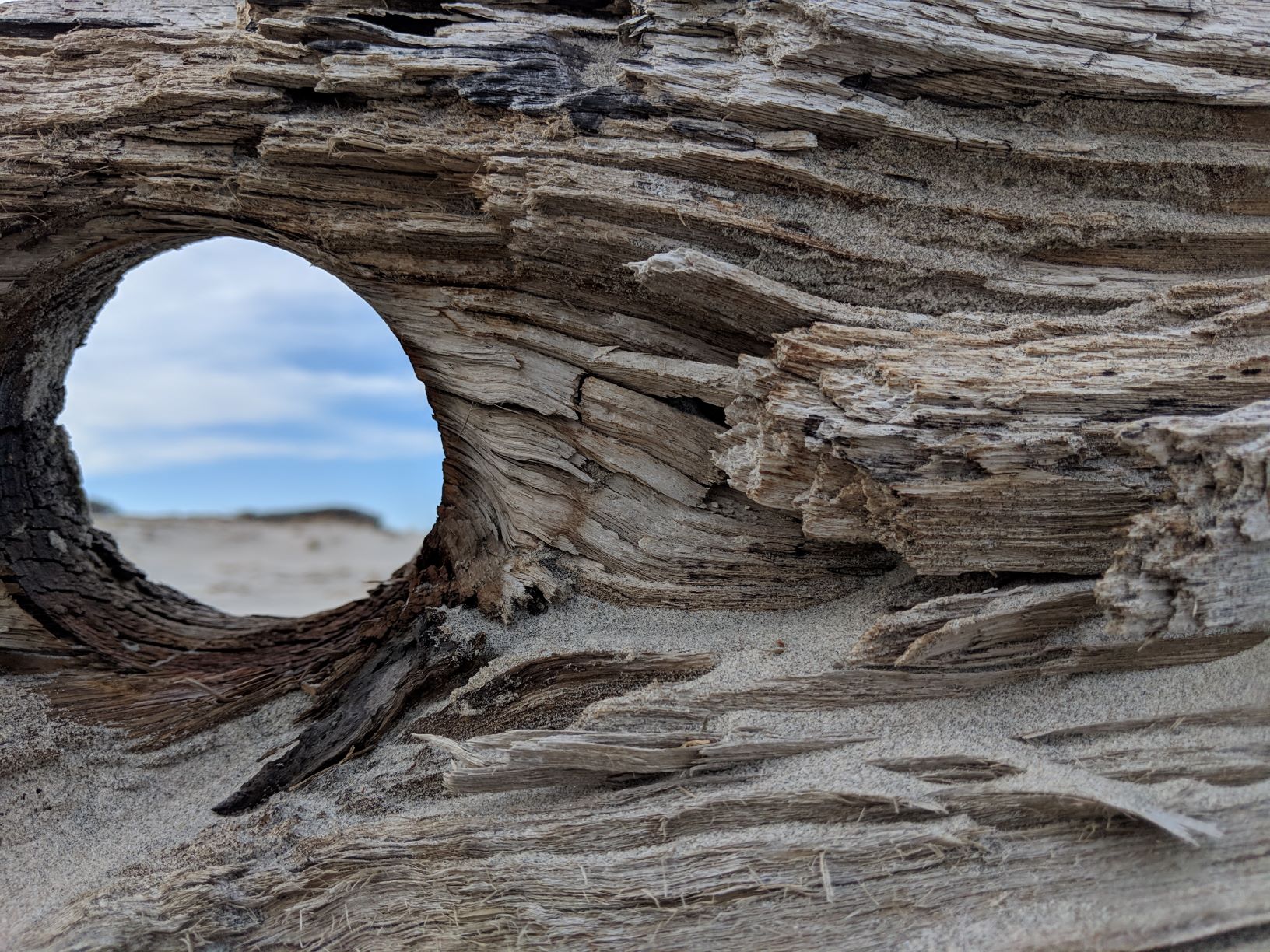“To see a World in a Grain of Sand
And a Heaven in a Wild Flower,
Hold Infinity in the palm of your hand
And Eternity in an hour.”
William Blake

I took this picture during a beach walk last week for the claw–I’ve been fascinated by the feistiness, the vivid colors, and the tastiness of blue crabs since I was little. The more I know about them the harder they are to eat.
And now, looking at the photograph, I marvel at the sand. Pieces of rock, thousand to millions to billions of years old , broken into tiny pieces, mixed with mortal shells, a mishmash of shapes and colors.
The edge of the bay tells stories of time, of mortality, of the unimaginable power of eons of time and tides. Each particle has a history and will continue to be long after the me of me is long gone.
A manchild brought in his VR Oculus headset to class right before the break. He danced around the back of the classroom firing missiles at targets as real to him as the sun itself.
And the sound of the sand rolling under the waves will never be heard.


